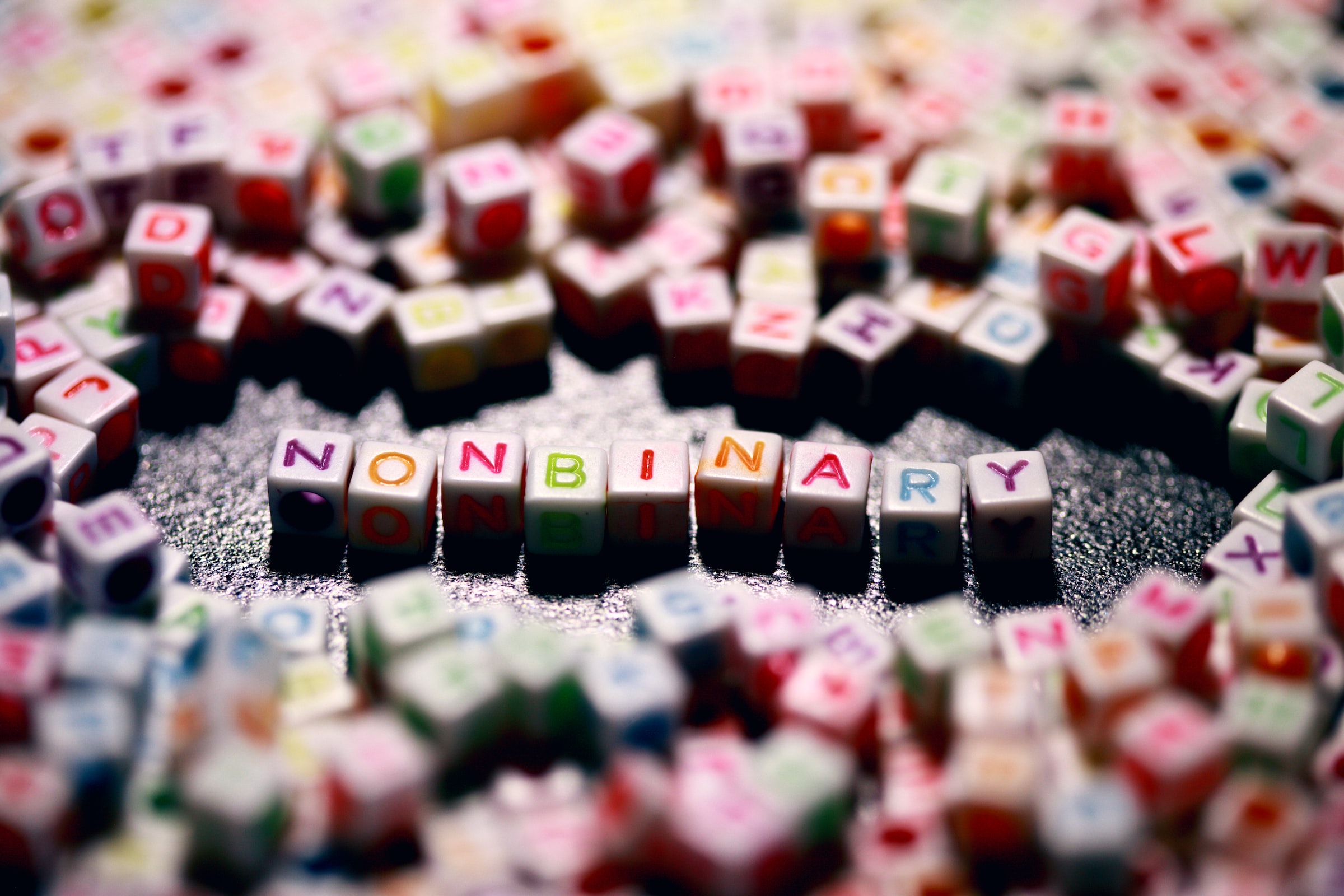Everything You Need To Know About Gender Identity (Part One)
The plurality of gender identities has been around forever, but it is a concept that has become much more widely understood in recent years. In fact, it was only in 2019 that the World Health Organization removed the term “trans identity” from the list of mental disorders. Until then, having a gender identity different from the sex assigned at birth was considered a condition.
The LGBT+ communities have been a driving force behind these advances, and with them comes a whole new vocabulary of clarifying identity realities. However, defining one’s gender identity is not always easy. So, without further ado, let’s dive into this blog and learn some of the things you need to know about gender identity.
1. What is gender identity?

Gender identity is the way one feels internally about the sex one was assigned at birth: male or female. The gender identity, the sexual identity, or the “psychological sex” is an intimate conviction, strong and specific to each one, which cannot be controlled. This psychological sex is the perception that each person has within him or herself of being a woman, a man, sometimes both at the same time or even neither (non-binarity), or of being somewhere else on the gender spectrum.
For some people, this is not a problem; they are born a boy or a girl and do not feel the need to question a different way of characterizing themselves. For others, their sexual organs and gender identity are in conflict, which may lead them to rethink how they identify.
Gender is a social construction of feminine or masculine identities. This construction varies according to the socio-cultural context, which will generate gender stereotypes and influence the way people act. Determining one’s gender identity is, therefore, not solely related to the biological component (being born with a vagina or a penis), which would be eminently reductive. The environment in which the person grows up also plays a role, as well as time, because gender identity evolves throughout life.
2. Why do I wonder about my psychological sex?
It is quite normal to wonder about your gender identity. Gender identity helps define who you are. Psychological sex is a real fluid concept that evolves with time in the life of each one. Indeed, the ways that each person is going to have to think about himself, but also about others, progress, and change according to the contexts and the years which pass.
Sometimes this will happen quickly, as a matter of course; for others, it will take longer. The identity may have been constructed by education, opposition, or security: little by little, as experiences and life stories unfold, some people will question it and deconstruct it in order to reconstruct it better later. This is why we consider the awareness of psychological sex as a process.
Life events can indirectly lead to these identity questions. This is the case of pathologies. For example, endometriosis causes psychological consequences that sometimes confront sick women with questioning who they are intimate with. A depressive disorder can also cause this.
Life upheavals or personal difficulties may lead to these questions: sexual problems, lack of pleasure, or vaginal pain… Finally, traumatic situations caused by a sexual assault or violence in the couple are also triggers that sometimes lead to questioning one’s identity.
3. What are the different gender identities?

There are many different gendered identities, and there are as many nuances as there are people. Nevertheless, let us mention the following without restricting ourselves to them:
- Cisgender (cis): the individual’s gender identity corresponds to their assigned sex.
- Feminine: the individual identifies with feminine characteristics.
- Fluid: gender identity and expression varies according to circumstances and over time.
- Masculine: the individual is in agreement with masculine characteristics.
- Non-binary: the person does not recognize himself in the masculine or feminine gender and defines himself outside this binarity.
- Transgender (trans): the assigned sex and the psychological sex are in conflict.
- Queer: the individual describes him/herself as being outside the boxes of heteronormativity.
We also find agender identity; in this case, the person does not characterize themselves as having a particular gender. The androgynous gender corresponds to an individual whose gendered expression is not binary or which is between the feminine and the masculine.
Sound off in the comments section below, and tell us what you want to read next and if you want to read more about gender identity.




2 Responses
[…] In short, remember that there are several fitness exercises that you can practice in summer in order to be on top. However, you have to adapt to a rhythm. So you will get the desired result. Sound off in the comments section below, and tell us what you want to read next and if you want to read more about exercises. […]
[…] The LGBT+ communities have been a driving force behind these advances, and with them comes a whole new vocabulary of clarifying identity realities. However, defining one’s gender identity is not always easy. So, without further ado, let’s dive into this blog and learn some of the things you need to know about gender identity. […]